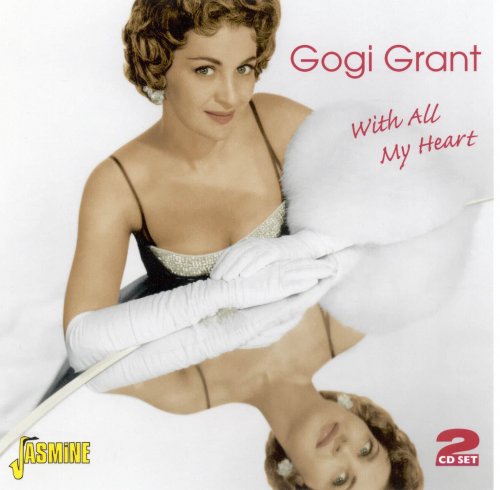Ray Russell - Why Not Now (Expanded Edition) (2023)
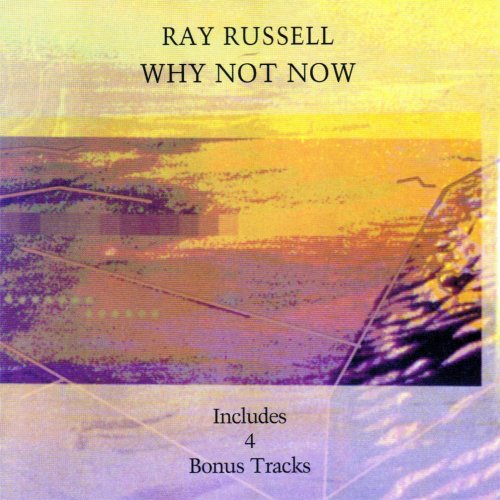
Artist: Ray Russell
Title: Why Not Now (Expanded Edition)
Year Of Release: 1988 / 2023
Label: Cherry Red Records
Genre: Electronic, Jazz
Quality: FLAC (tracks)
Total Time: 1:14:36
Total Size: 436 MB
WebSite: Album Preview
Tracklist:Title: Why Not Now (Expanded Edition)
Year Of Release: 1988 / 2023
Label: Cherry Red Records
Genre: Electronic, Jazz
Quality: FLAC (tracks)
Total Time: 1:14:36
Total Size: 436 MB
WebSite: Album Preview
1. Outland (05:14)
2. Prelude 1 (00:48)
3. Pour Me A Fish (03:43)
4. Blue Shoes - No Dance (03:18)
5. Lunday Island (02:45)
6. The Pan Piper (06:33)
7. Childscape (05:01)
8. Point Perfect (03:42)
9. Prelude 2 (00:31)
10. If Only... (03:14)
11. Murmurs In Reverse (04:33)
12. Sketches Of Gil (02:41)
13. Avian (bonus track) (08:08)
14. No Step (bonus track) (08:55)
15. Snow (A Passing Phase) (bonus track) (06:43)
16. A Table Near The Band (bonus track) (08:39)
Why Not Now is a remastered reissue of an album by British jazz guitarist Ray Russell. Recorded in 1987 and originally released on the tiny Theta label under the name Childscape, Why Not Now is a unique blend of progressive jazz and space rock that manages to escape the clichés of new age music (despite the presence of some extremely dated synthesizer sounds) in favor of a calm, hallucinatory stillness that owes much to Gil Evans' '50s charts for Miles Davis. Evans, in fact, appears on the album, playing electric piano on his own composition, "The Pan Piper," and serving as the subject of the lovely closer "Sketches of Gil," completed shortly before the master arranger's death. The other ten tracks are similarly placid, built on overdubbed layers of Russell's Bill Nelson-like treated guitar soundscapes and the ambient keyboards of Mark Isham and Tony Hymas, over which Russell (and occasionally Isham, who doubles on trumpet) spins delicate, crystalline solos unencumbered by the sort of fast-fingered showiness that usually ruins this sort of album. This is not a "player" album, but it's also not quite melodically minimal enough to truly be ambient music. Perhaps the closest comparison is to David Sylvian's quiet art pop, or the post-minimalist experiments of Michael Nyman.
Review by Stewart Mason
Review by Stewart Mason
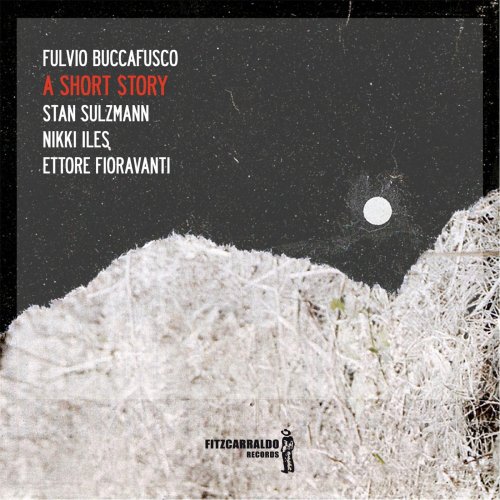

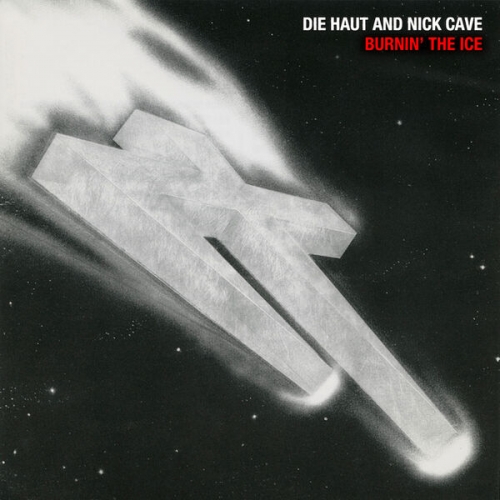
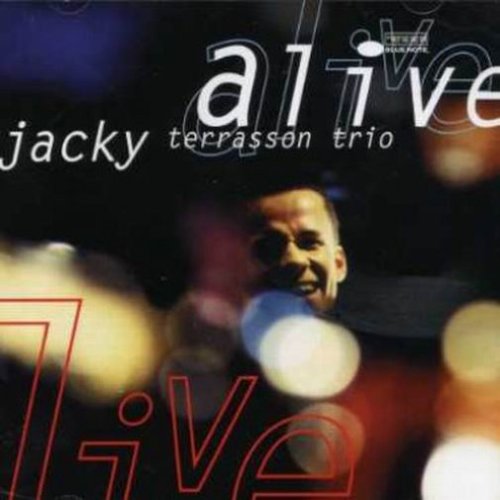
![The Mood Mosaic - Feelin' Funky! (2025) [Hi-Res] The Mood Mosaic - Feelin' Funky! (2025) [Hi-Res]](https://www.dibpic.com/uploads/posts/2025-12/1766822228_smv6og19mj83k_600.jpg)


